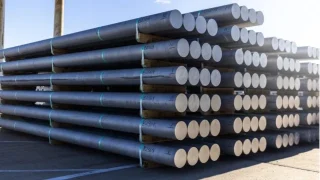
- Raising the top rate of tax to 39% for income over $60,000 has made New Zealand’s tax system complicated and unfair. Because large numbers of people are able to avoid the increased top rate, the moral basis of the system is being undermined.
- Tax avoidance and evasion has greatly increased through the use of trusts, income splitting and companies.
- By and large, it is wealthier taxpayers who can employ these techniques. Most workers on a set wage or salary have no such luxury.
- This increasing complexity is costing the Inland Revenue Department, and society, more in terms of administration and compliance. The IRD’s funding has increased by 50% in five years but it is struggling to keep up, while the use of accountants and tax lawyers has also increased greatly.
- The business tax review threatens to make the system even more complicated and open to evasion. Adopting tax concessions would end 20 years of consensus around a broad-based, low rate system.
- Trying to close the various loopholes would be expensive, difficult and unfair. The best solution is to have lower and flatter taxes that would make for a simpler system.
- Lower and flatter taxes would provide less opportunity for avoidance and less incentive to do so.
- As a first step, the government could start by scrapping the top rate of 39%. On a cost-benefit analysis, the top rate of tax is not worth it, given the distortions it has caused.
- In terms of money raised, the 39% rate has proven to be completely unnecessary. The government has received billions of dollars more tax revenue than it needed to implement its election promises. In fact, taxes could have been cut and revenue would still be higher than expected.
Phil Rennie is a Policy Analyst with the New Zealand Policy Unit of The Centre for Independent Studies.










